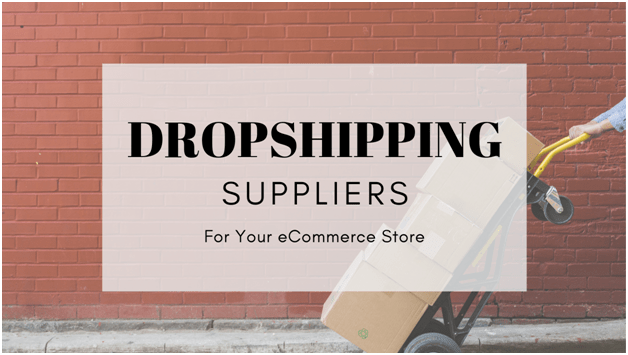
In the dropshipping business, merchants partner with wholesalers. The merchants take care of selling, and the wholesalers are in charge of product fulfillment. In fact, selecting who to partner with is very important to merchants because it involves product quality, product cost, packing, shipping, all of which are make-or-break factors to their business success. If they pick the wrong one, they put an end to their business.
However, given that there are tons of wholesalers on the market, merchants can get confused and fail to pick the right one. To help them sort out the good from the bad, below is some criteria to consider:
Menu:
1. Return and refund policies
Merchants should pick wholesalers whose return and refund policies is clear and advantageous for them (merchants) or choose wholesalers who are willing to have a discussion with merchants about those policies.
While working on those policies, merchants need to know exactly what they can get if their customers don’t get their (right) order or their order gets damaged. Merchants should also ensure that all the clauses are crystal clear and straightforward because sometimes they don’t know exactly what they mean or applicable.
2. Reviews
A review check is an essential step. Reviews of any certain wholesaler can give merchants an overview of how wholesaler handles their job with previous clients (a.k.a merchants). Consequently, they can set a realistic expectation of what things will go if they and that wholesaler heads to the partnership.
Besides, merchants should stay away from wholesalers whose reviews are terrible and be very careful with wholesalers who have many good reviews. This is because those are possibly fake reviews that they hire other people to write.
3. Abnormal fees
Different wholesalers may ask merchants to pay different types of fees. However, no abnormal fees should be required. This means that if any wholesaler asks for extra fees such as pre-order fees or ongoing fees (to keep business going on), they should be avoided. Besides, merchants should ensure that all of the fees are well-discussed before deciding to partner with any wholesalers.
4. Contact information
If a merchant orders a product sample from a wholesaler and notices that the address on payment detail is different from the address for returning on the packing slip, that wholesaler should be ignored. By contrast, merchants should verify any wholesaler’s business address by doing some online searches. Reliable wholesalers will use verified addresses, and merchants can find them on Google.
5. Product quality
At the end of the day, product quality is what matters customers most. If customers get their items in which quality is not as good as guaranteed, they may get mad and leave instantly. So, merchants should partner with wholesalers supplying good quality products only.
To test product quality, merchants should place a test order or order a product sample from wholesalers. If the quality is inferior or not as good as they guaranteed, those wholesalers should be skipped.





